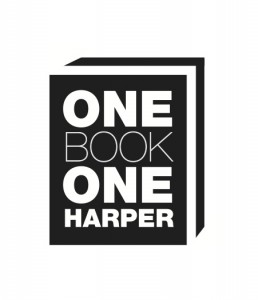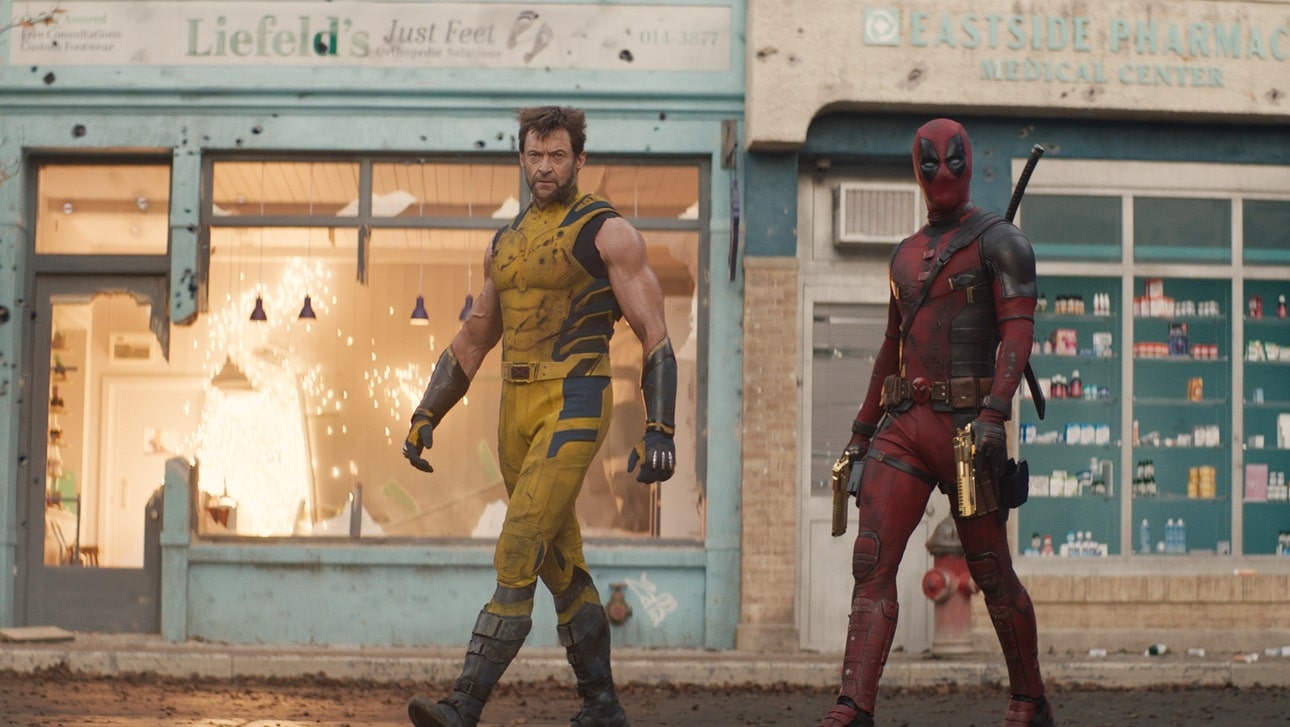
Since the 2011-2012 school year, Harper College has a selected a title as part of their “One Book, One Harper” community read. (A community read is where a local library sponsors a community-wide book club featuring one title which is read and discussed locally. The first occurred in Seattle in 1998.)
Past One Book One Harper selections include:
- 2011-2012 The Ballad of Trenchmouth Taggart by M. Glenn Taylor
- 2012-2013 The Help by Kathryn Stockett
- 2013-2014 The Immortal Life of Henrietta Lacks by Rebecca Skloot
- 2014-2015 The Greatest Generation by Tom Brokaw
For this academic year, the college has selected four books, all graphic novels!
Clan Apis
Ms. Marvel – No Normal
The Hospital Suite
March
Harper College also offers a list of classroom resources for educators.
Here’s the PR:
One Book, One Harper embraces graphic novels
July 17, 2015
One Book, One Harper won’t exactly live up to its name this time around.
For its fifth installment, the annual reading initiative will feature not one, but fourselections from the graphic novel arena. One Book, One Harper encourages the community to read the same book and take part in a variety of related academic, cultural and social activities throughout the year.
The well-written, multi-thematic novels include “Clan Apis” by Jay Hosler, “Ms. Marvel, Volume 1: No Normal,” by G. Willow Wilson with Adrian Alphone, “The Hospital Suite” by John Porcellino and “March, A Graphic Novel Trilogy” by John Lewis, Andrew Aydin and Nate Powell.
“Graphic novels are extremely popular, and not just with students,” said Christine Kuffel, an instructor in Harper’s Resources for Learning/Library Services division. “Whereas some previous One Book, One Harper selections have been text-heavy and rather serious in nature, these books are visually entertaining, quick reads and engaging in a different way.”
According to Associate Professor Brian Cremins, a comics expert, graphic novels are an American art form that can trace its origins to newspaper comic strips and those flimsy comic book pamphlets first produced by Eastern Color Printing in the 1930s. Harper’s four selections are a far cry from those humble beginnings, tackling a range of topics such as environmentalism, civil rights, mental health and superheroes.
Throughout the upcoming academic year, Harper will hold a series of One Book, One Harper events related to the novels. A schedule will be released later this summer at harpercollege.edu/library.



 One Book, One Harper won’t exactly live up to its name this time around.
One Book, One Harper won’t exactly live up to its name this time around.



